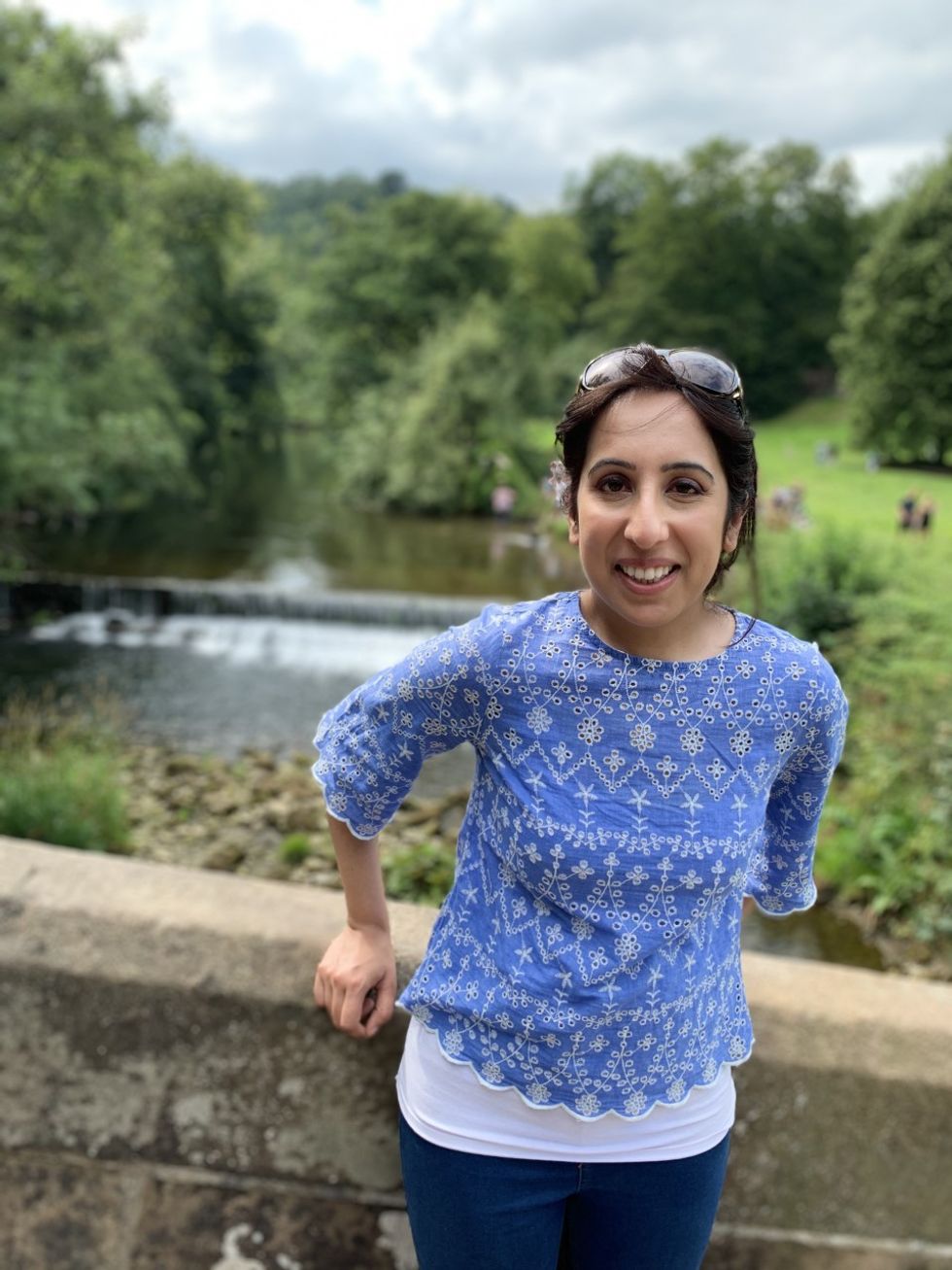HEALTH professionals have reminded expectant mothers there is no requirement to fast during Ramadan.
Throughout the Islamic holy month, Muslims fast during daylight hours – but experts have said women who are pregnant or breastfeeding can observe it in alternative ways.
Amina Hatia is a midwife from the pregnancy charity Tommy’s. Speaking to Eastern Eye, Hatia acknowledged some expectant mothers may find it difficult to not fast during Ramadan – especially if they are surrounded by loved ones who are fasting. “It’s understandable to be a little sad at missing out, but Ramadan is about much more than just fasting so there are plenty more ways to feel involved in the holy month instead, be it spending time on your spirituality or finding things to cut back on such as chocolates and cake,” Hatia said.
Shahida Noor, 32, is a practising Muslim and pregnant with her fourth child. She said she has never fasted during pregnancy and has not felt obliged to do so. “It’s a personal choice,” Noor said, although she said she would consult her GP or midwife if she decided to. “It’s up to the person whether they want to fast or not – there is no pressure.”

Dr Zirva Khan, a GP in the West Midlands, agreed there is no necessity for pregnant women to fast during Ramadan. Her advice is supported by the British Islamic Medical Association and the Muslim Council of Britain. “Despite this being a deeply personal choice, there is no obligation for women who are pregnant to fast both Islamically and medically,” she said.
Both Dr Khan and Hatia noted that missed fasts can be compensated by fasting at a later date or performing fidyah (a religious donation made when a fast is missed or broken) instead.
Noor agreed she makes up for her fast later in the year or donates to charitable causes. If a woman is pregnant or breastfeeding and still considering fasting, Hatia advised they have an honest discussion with their midwife or GP. She stressed not to feel worried of judgement from medical professionals. “It’s your choice and your healthcare team need to know so they can support you best,” she said.
Dr Khan agreed expectant mothers should consult their obstetric specialist and midwife first to see whether it is safe to fast or not. “Many women develop health problems or complications during pregnancy, in which case fasting could lead to significant harm for either the mum and baby, or both,” the GP warned.
If a woman does choose to fast, Dr Khan said they should consider doing it occasionally rather than every day. Plenty of rest is recommended, as is the continuation of taking vitamins (particularly vitamin D and folic acid).

The GP said pregnant women should make extra efforts to drink the recommended minimum glasses of water per day (six to eight), and nutritional food between iftar (breaking the fast) and suhur (pre-dawn meal). “Your intake will need to include plenty of fruit, vegetables, protein like eggs and grilled or baked meat, and long-acting carbohydrates, such as brown bread and rice,” Khan said, adding: “This can be quite challenging when you may not be feeling 100 per cent because of the pregnancy.”
Hatia concurred women should ensure their main iftar should be nutritious. “While that platter of pakoras, bhajias and samosas is very tempting after a day of fasting, try to cut them out,” she said.
Hannah Whittaker, a specialist paediatric dietitian, said pregnant women should be eating a balanced diet and incorporate whole grain into their food intake. “Wholegrain will provide energy in the longer term instead of quick fix foods, such as sugary snacks,” she told Eastern Eye.
Monitoring dehydration was essential, she added. During Ramadan, practising Muslims are not permitted to consume water while fasting. “If you’re feeling dizzy, have a headache or feeling tired, then these are concerns,” Whittaker said. “You need to rest and take care of yourself as pregnancy is demanding on your body.”
Dr Khan said the most important step was to “listen to your body”. “The purpose of fasting is not to cause any harm to yourself or your expectant baby,” she said. “If you start to feel unwell when you are fasting or notice any change in how your pregnancy feels including reduced movements of the baby, you must immediately stop fasting and seek urgent medical advice.”
Echoing similar sentiments, Hatia said: “Remain flexible and remember you have a duty to your wellbeing – and your baby’s too.”




